
KARYOTYPING/CHROMOSOMAL ANALYSIS - PERIPHERAL BLOOD
- 3040
FISH FOR PML-RARA t(15;17)
- 4000
FISH-AMINO PROBE (TRISOMY 21/ DOWN SYNDROME)
- 2800
FISH-BCR-ABL1 (PHILADELPHIA CHROMOSOME)-BLOOD/BONE MARROW
- 4400
FISH-BURKITTS LYMPHOMA T(8 14)
- 4000
FISH-HER2/NEU AMPLIFICATION
- 10400
GENE PANEL MATURITY-ONSET DIABETES OF THE YOUNG (MODY) & NEONATAL DIABETES
- 19200
KARYOTYPING/CHROMOSOMAL ANALYSIS - BONEMARROW
- 5200
Y CHROMOSOME MICRODELETION
- 8000
What is Cytogenetics and Why Does It Matter
Cytogenetics is the branch of genetics that studies the structure and function of chromosomes, the thread-like structures in our cells that carry genetic information (DNA). It focuses on detecting chromosomal abnormalities—both in number and structure—that can cause developmental disorders, infertility, cancers, and inherited conditions.
In simpler terms, cytogenetics helps identify problems in a person’s genetic blueprint by analyzing their chromosomes under a microscope or using molecular techniques.
How Cytogenetics Works
Cytogenetic tests examine chromosomes in cells taken from:
- Blood
- Bone marrow
- Amniotic fluid
- Tumors
- Other tissues
Common steps include:
Cell culture: Cells are grown in the lab to allow chromosomes to be visible.
Harvesting and staining: Cells are stopped during division (metaphase), and chromosomes are stained to reveal banding patterns.
Microscopy or digital imaging: Chromosomes are analyzed for abnormalities.
Advanced methods also include:
FISH (Fluorescence In Situ Hybridization): Uses fluorescent probes to detect specific DNA sequences.
Array CGH and karyotyping: High-resolution techniques to detect gains or losses of chromosomal material.
Types of Chromosomal Abnormalities Detected
1. Numerical Abnormalities
Extra or missing chromosomes
Example: Down syndrome (Trisomy 21), Turner syndrome (45,X)
2. Structural Abnormalities
Translocations – rearrangement of chromosome parts.
Deletions – loss of a chromosome segment.
Duplications – extra copies of a chromosome segment.
Inversions – reversed segments within a chromosome.
Ring chromosomes – chromosomes form a ring due to deletions.
Why Cytogenetics Matters
🧬 1. Diagnosing Genetic Disorders
Cytogenetics is key in diagnosing inherited and developmental disorders, such as:
- Down syndrome
- Turner syndrome
- Klinefelter syndrome
- DiGeorge syndrome
- Edwards and Patau syndromes
Early diagnosis can guide medical care, support, and counseling.
👶 2. Prenatal Testing
Cytogenetics is used in prenatal screening to detect chromosomal abnormalities in fetuses, using samples from:
- Amniotic fluid (amniocentesis)
- Chorionic villi (CVS)
This helps expectant parents make informed decisions and plan for medical care.
👩⚕️ 3. Infertility and Recurrent Miscarriage Evaluation
Some chromosomal abnormalities, especially balanced translocations, may not cause symptoms but can lead to repeated miscarriages or infertility. Cytogenetic testing can help identify these hidden issues.
🧫 4. Cancer Diagnosis and Prognosis
Cytogenetics is essential in oncology to detect chromosomal changes associated with:
Leukemia (e.g., Philadelphia chromosome in chronic myeloid leukemia)
Lymphoma
Solid tumors (e.g., Ewing sarcoma)
These findings help determine prognosis and guide targeted therapies.
🧠 5. Intellectual Disabilities and Developmental Delay
In children with developmental delays, learning disabilities, or autism spectrum disorder, cytogenetic analysis can uncover underlying genetic causes, allowing for early intervention and management.
🧪 6. Personalized Medicine
Chromosome studies help tailor treatments based on a patient’s genetic profile—especially in cancer care and reproductive medicine.
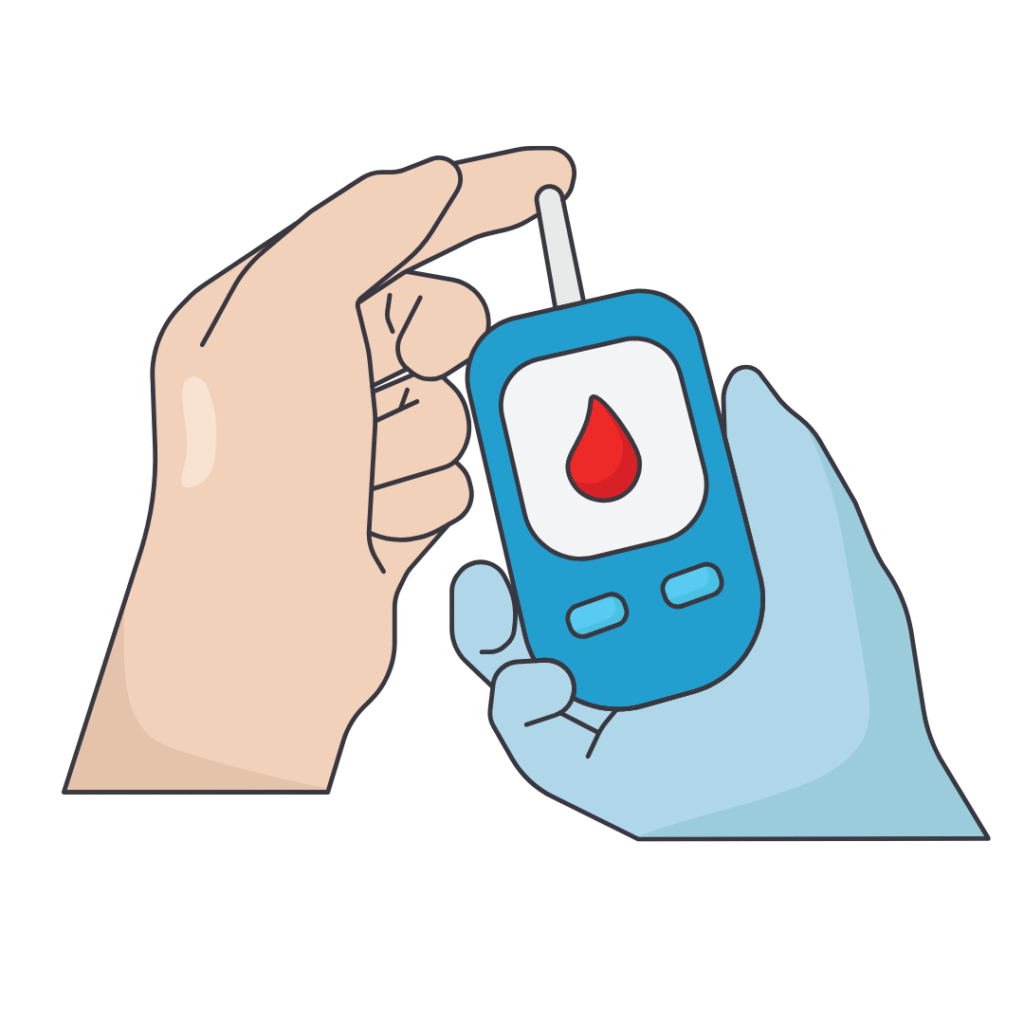
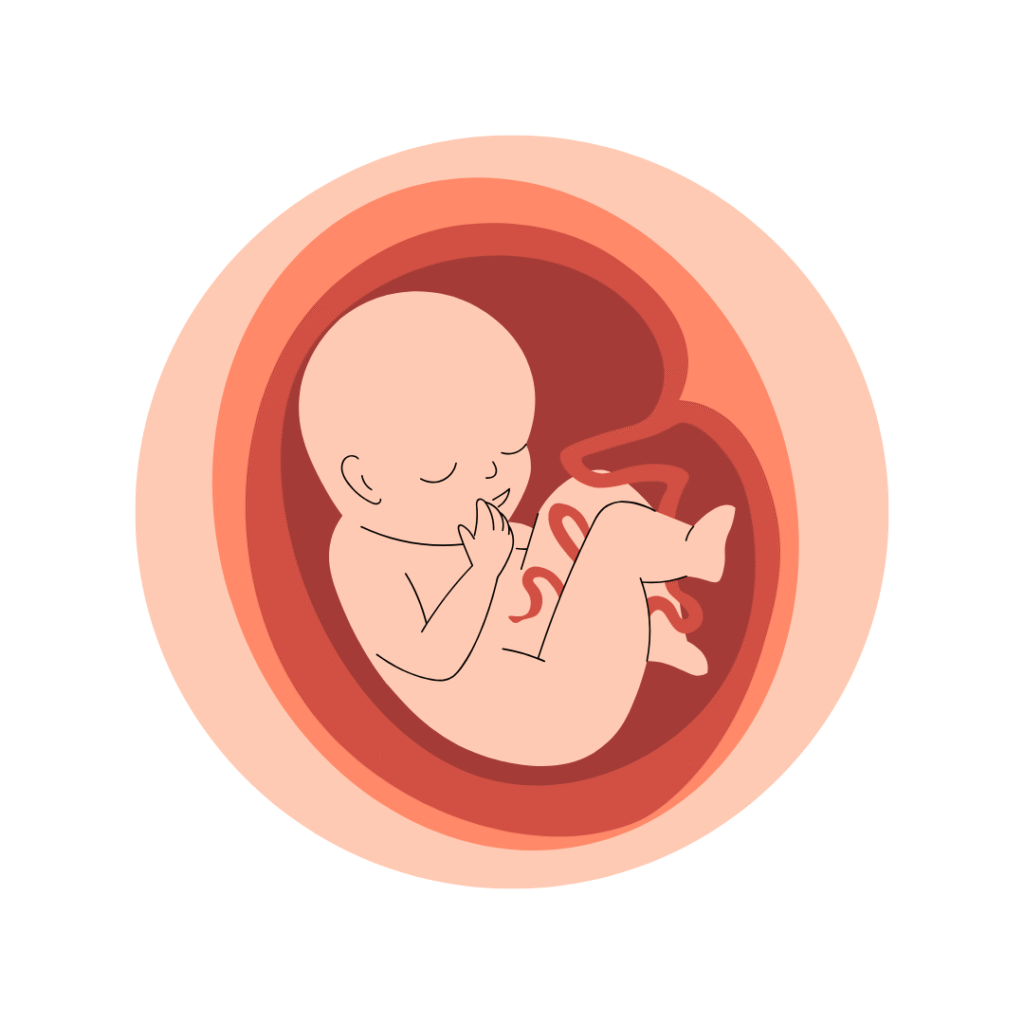
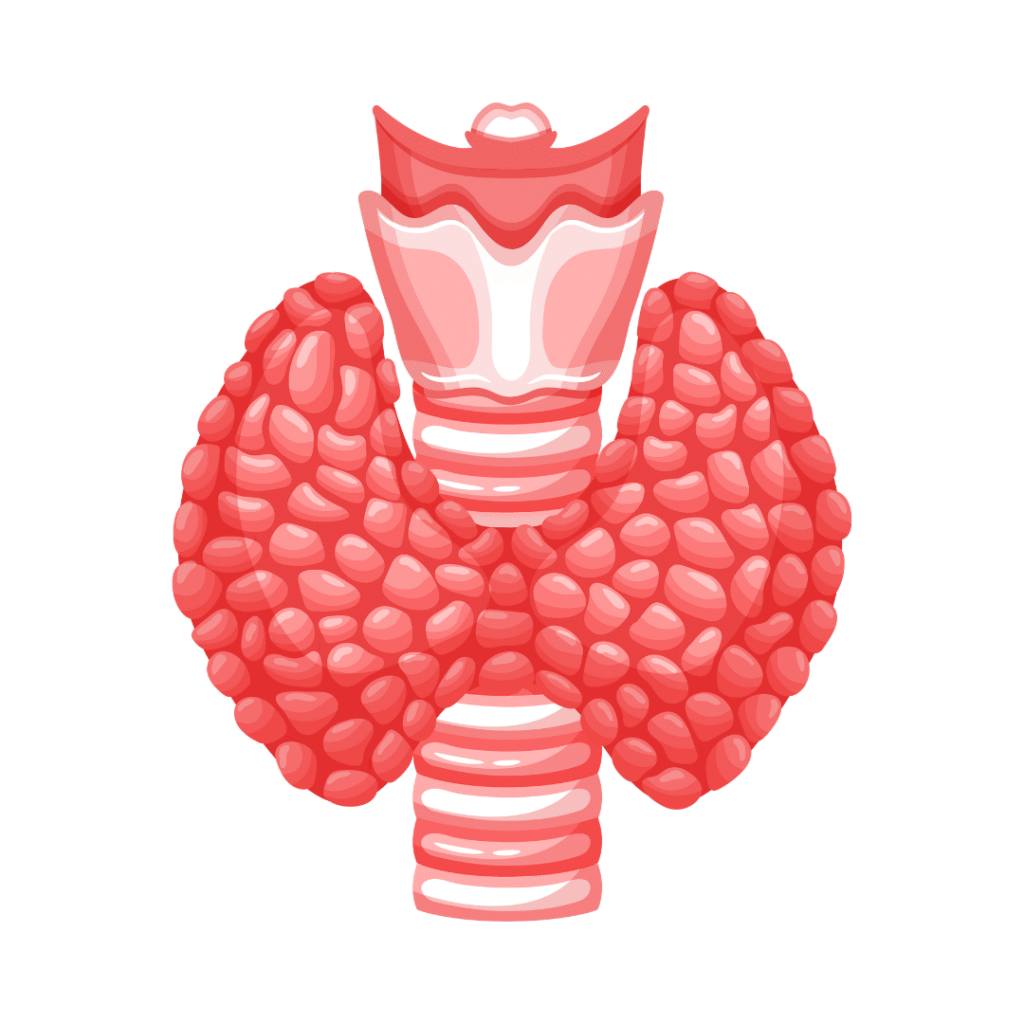
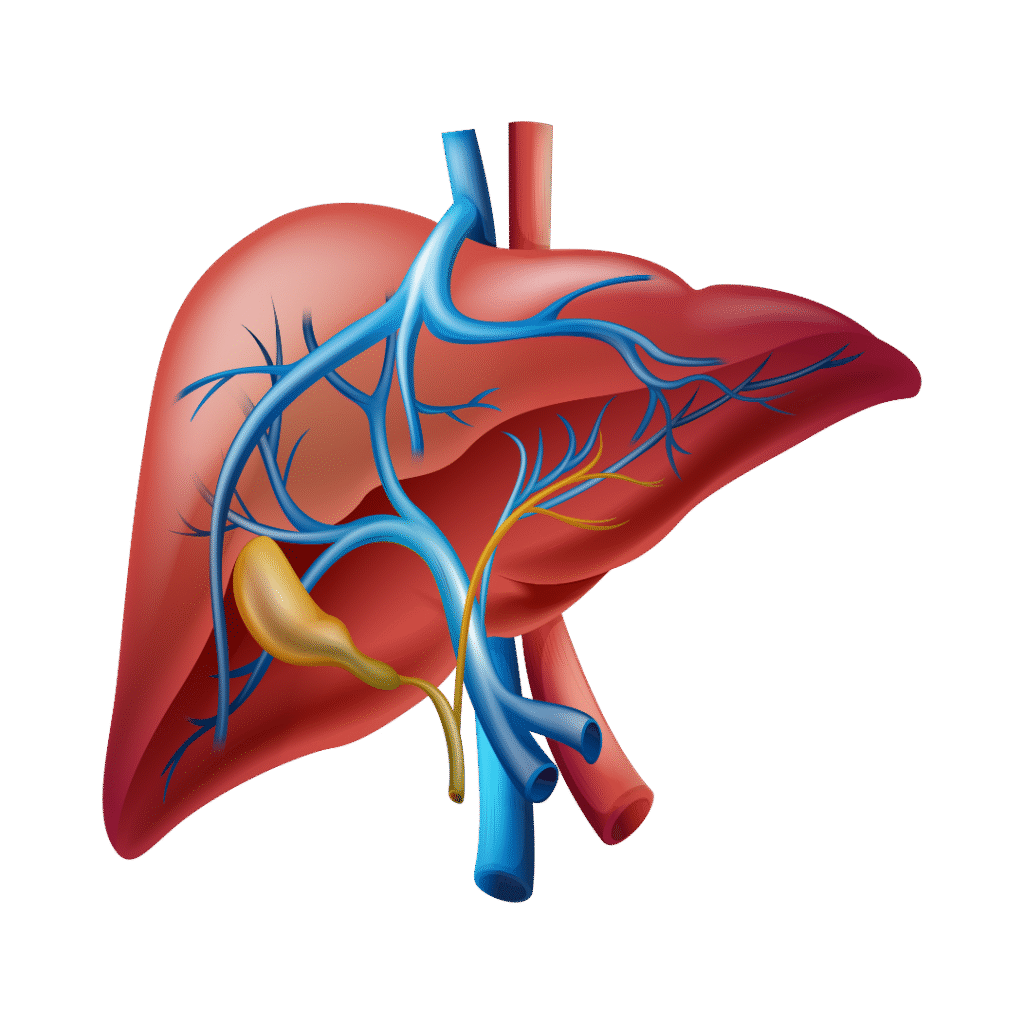
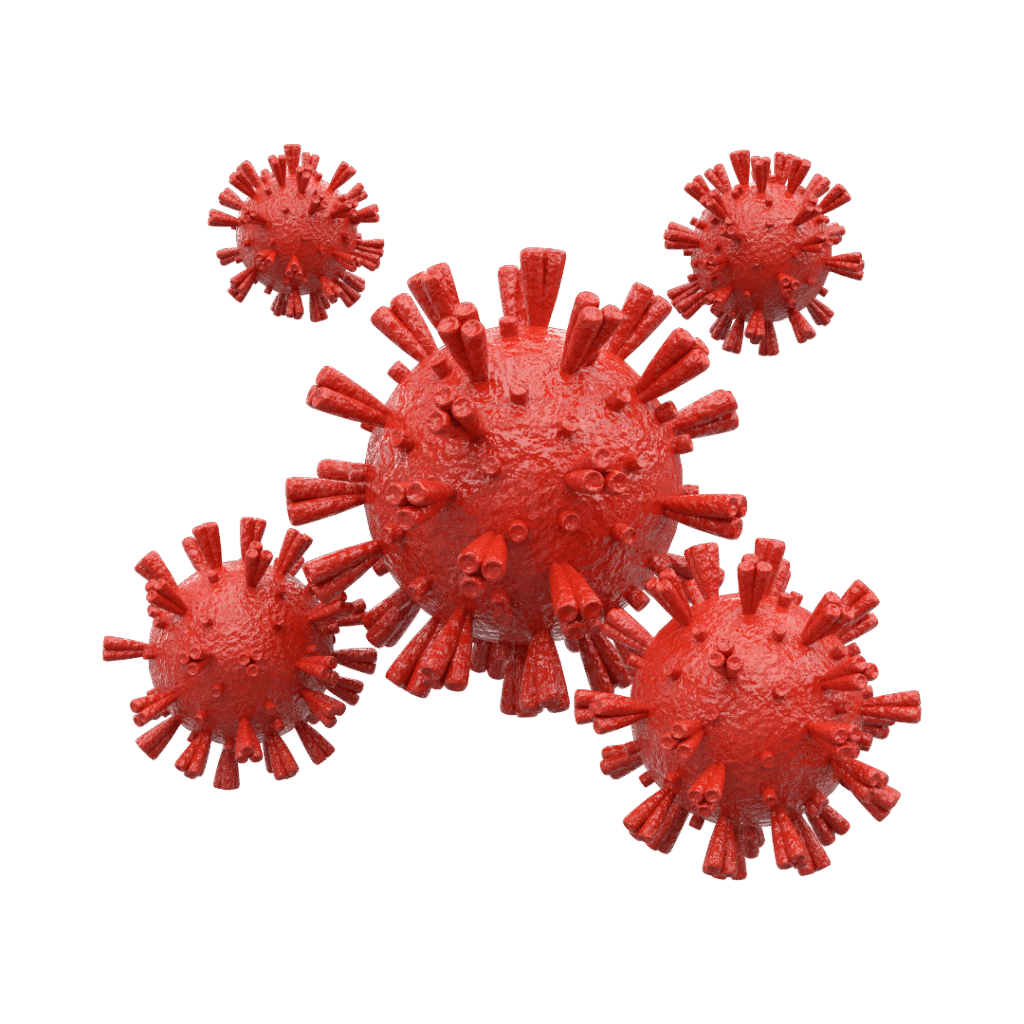
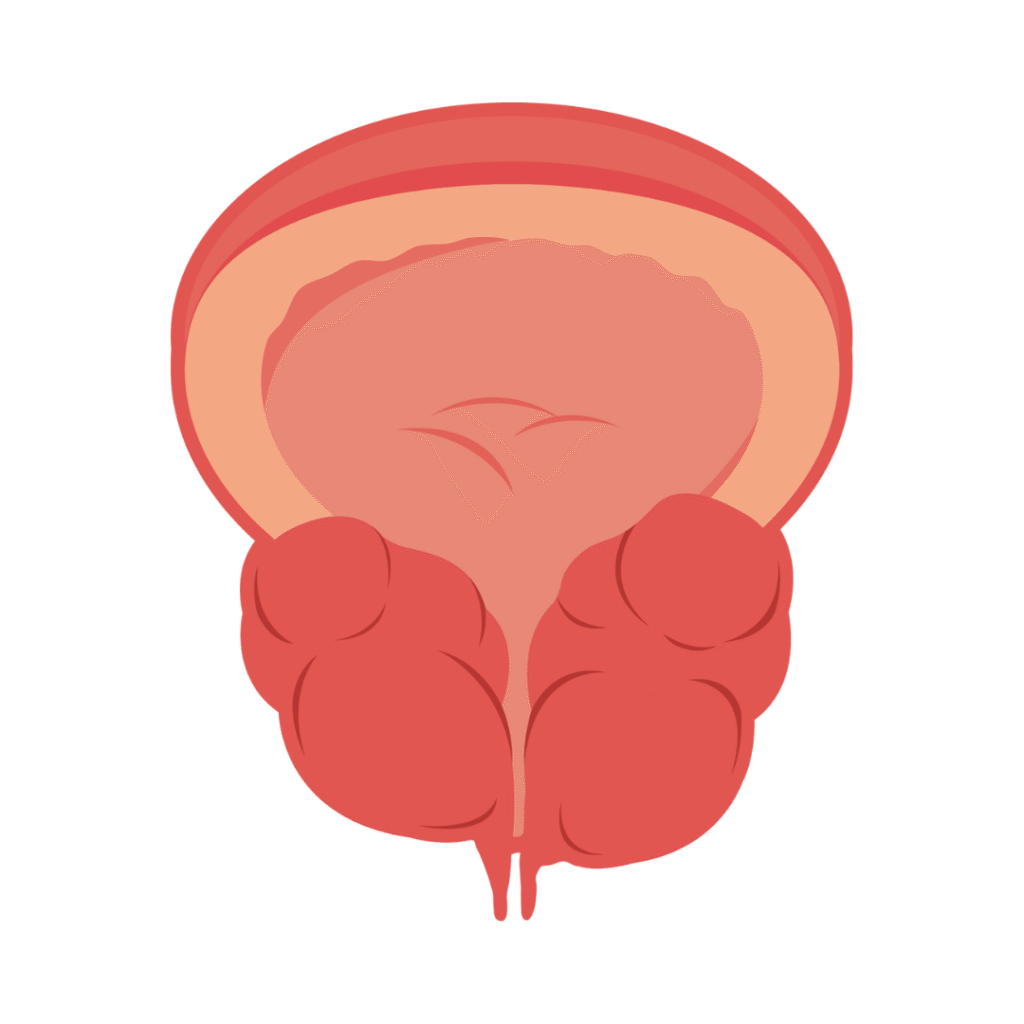
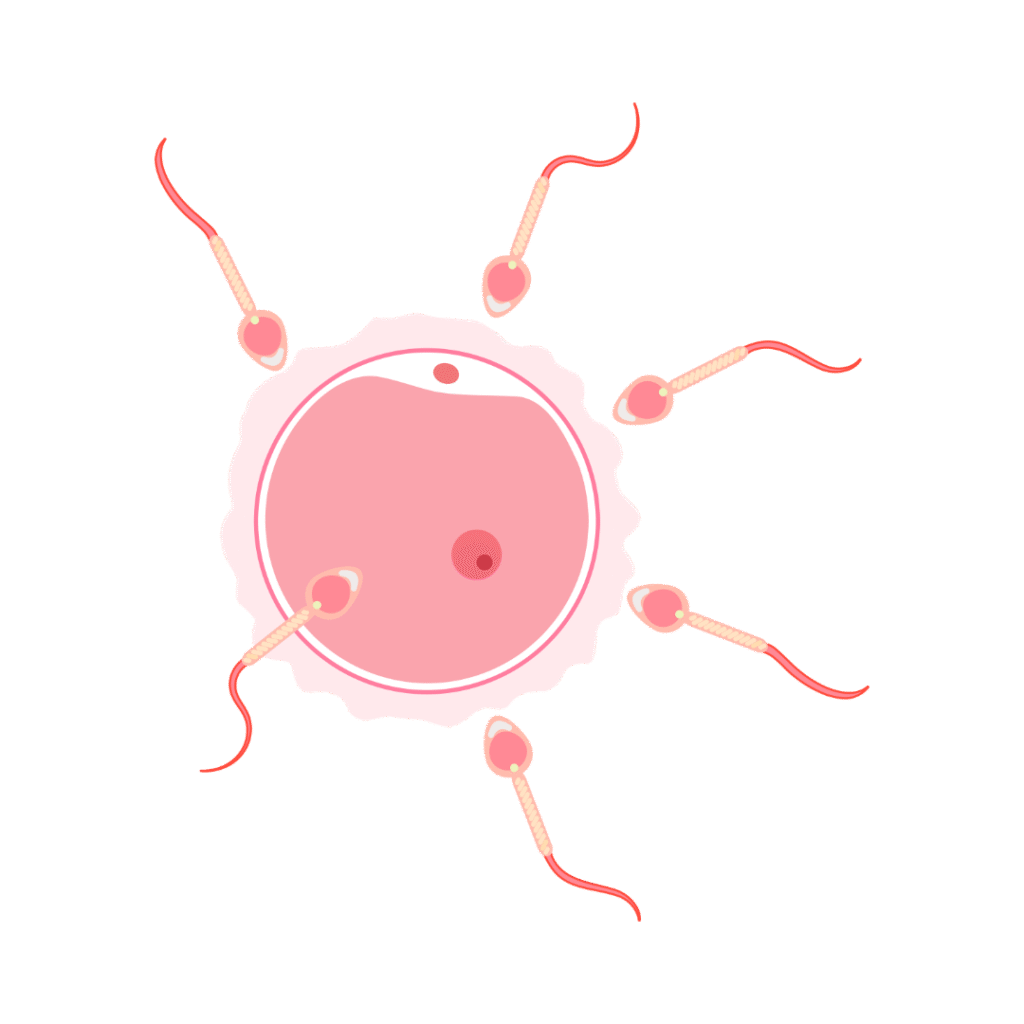
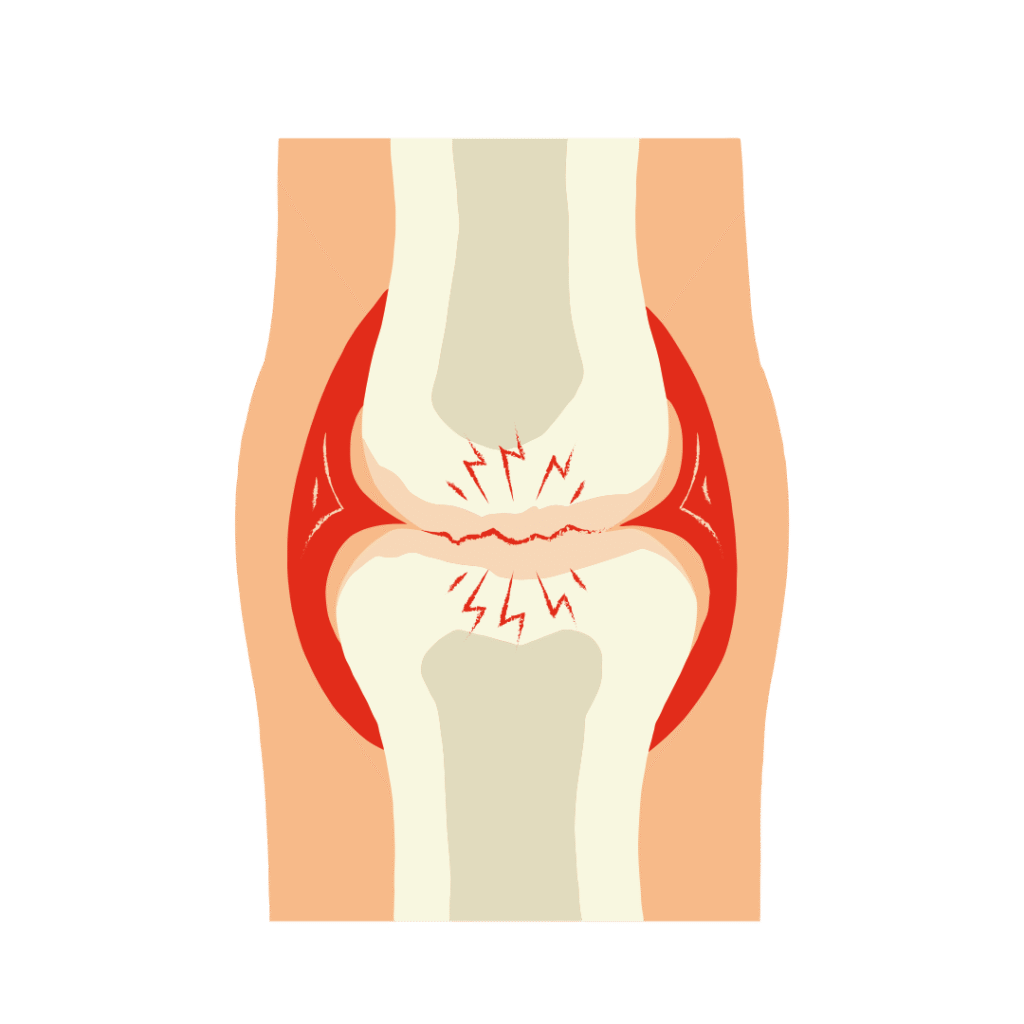
Diabetes
Pregnancy
Thyroid
Liver
Covid
Prostate
Fertility
Bone

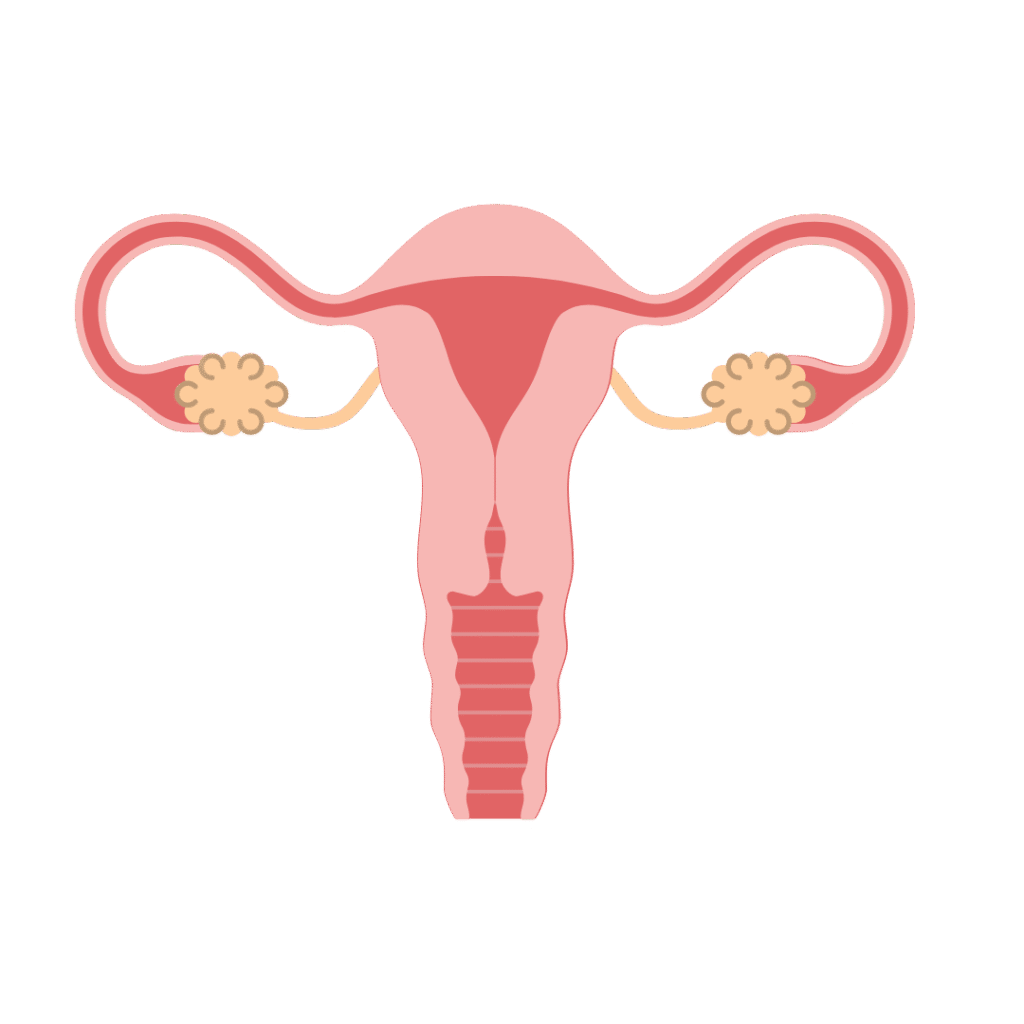
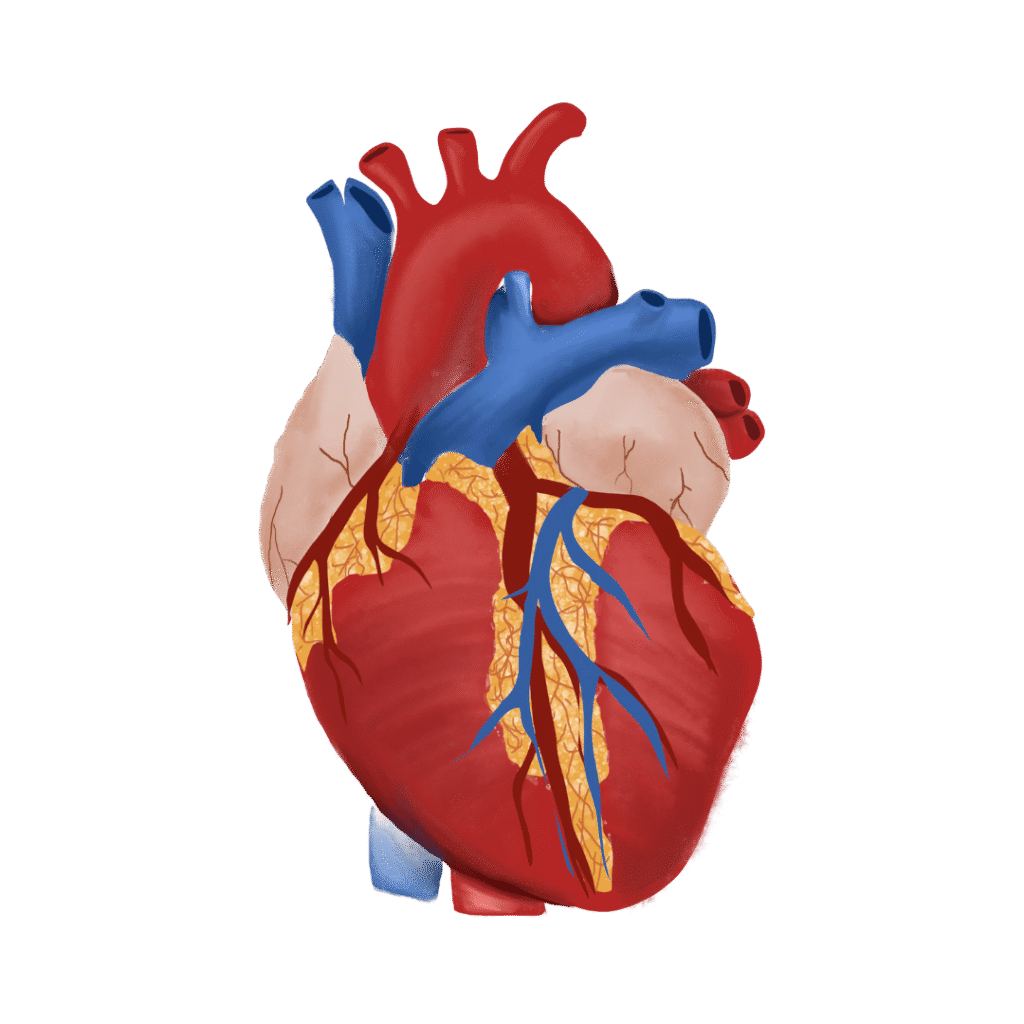
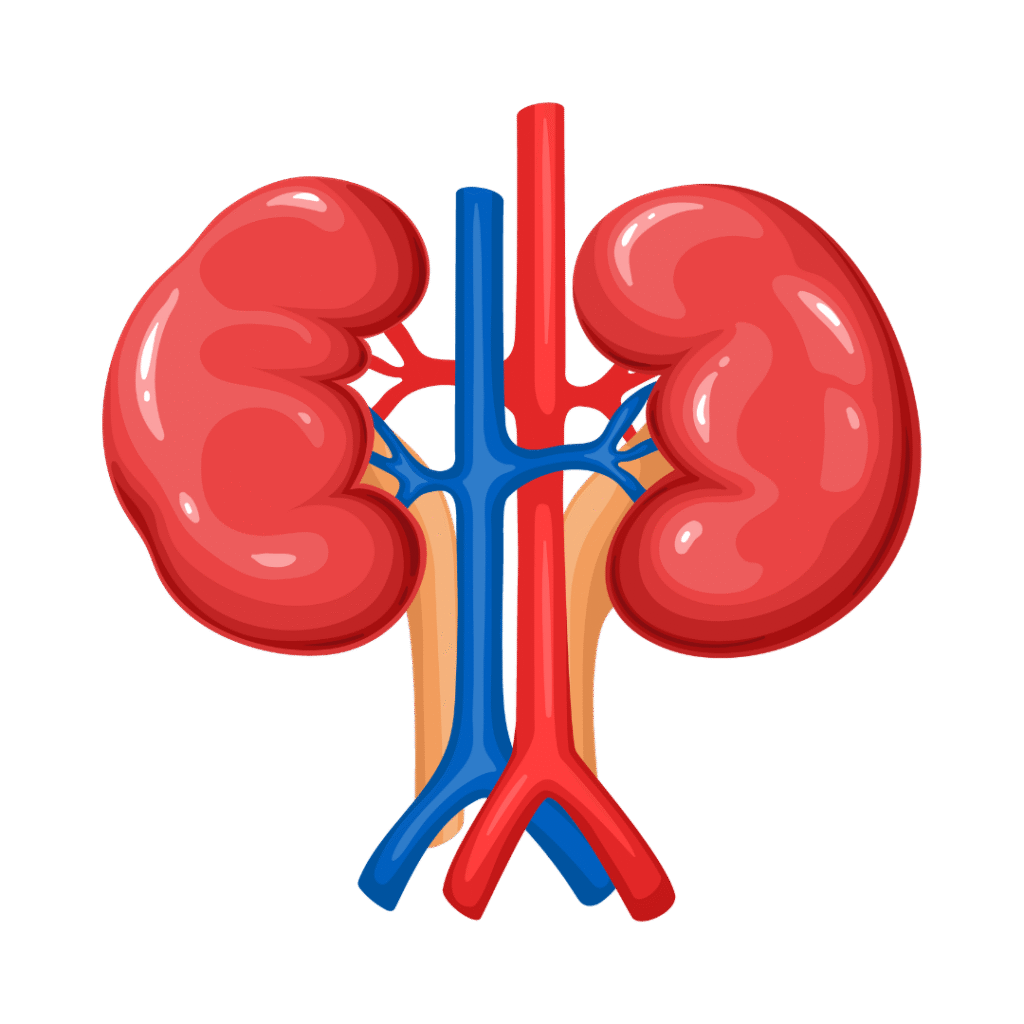
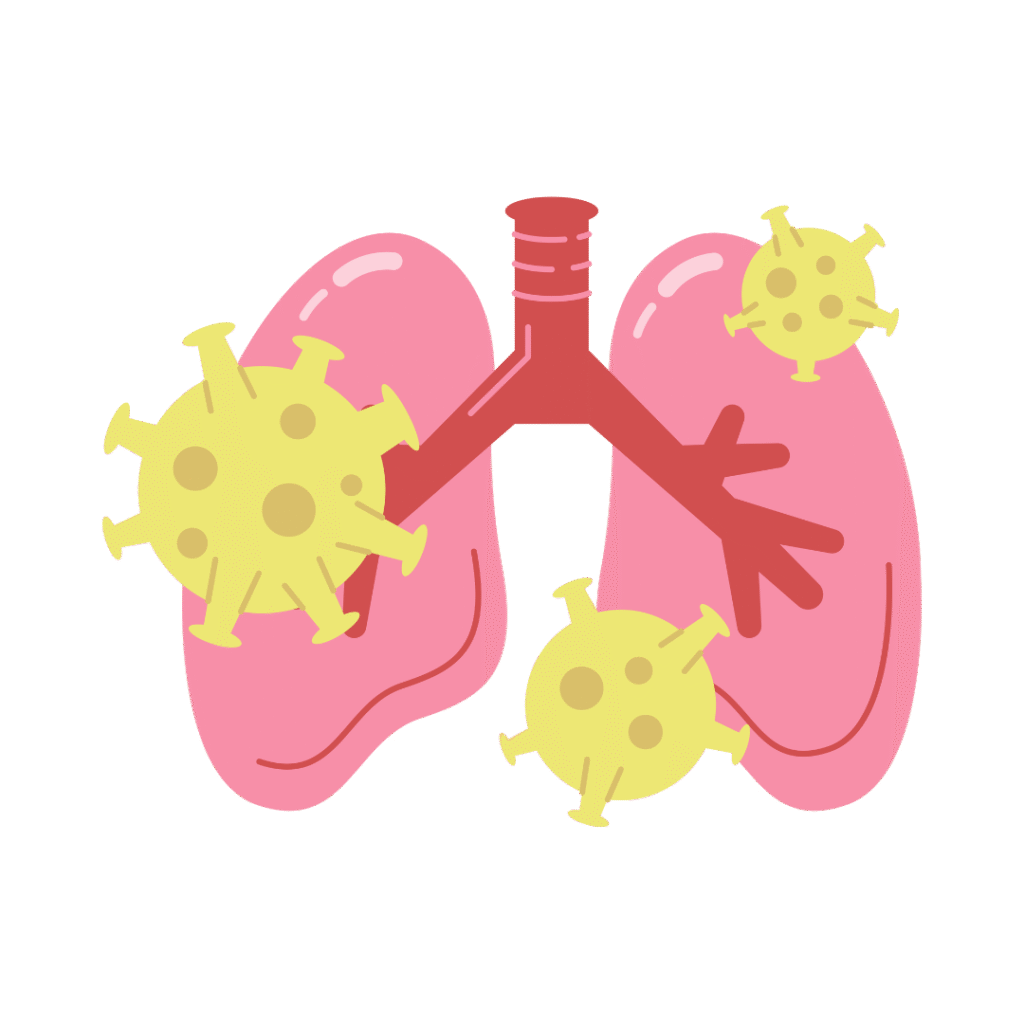
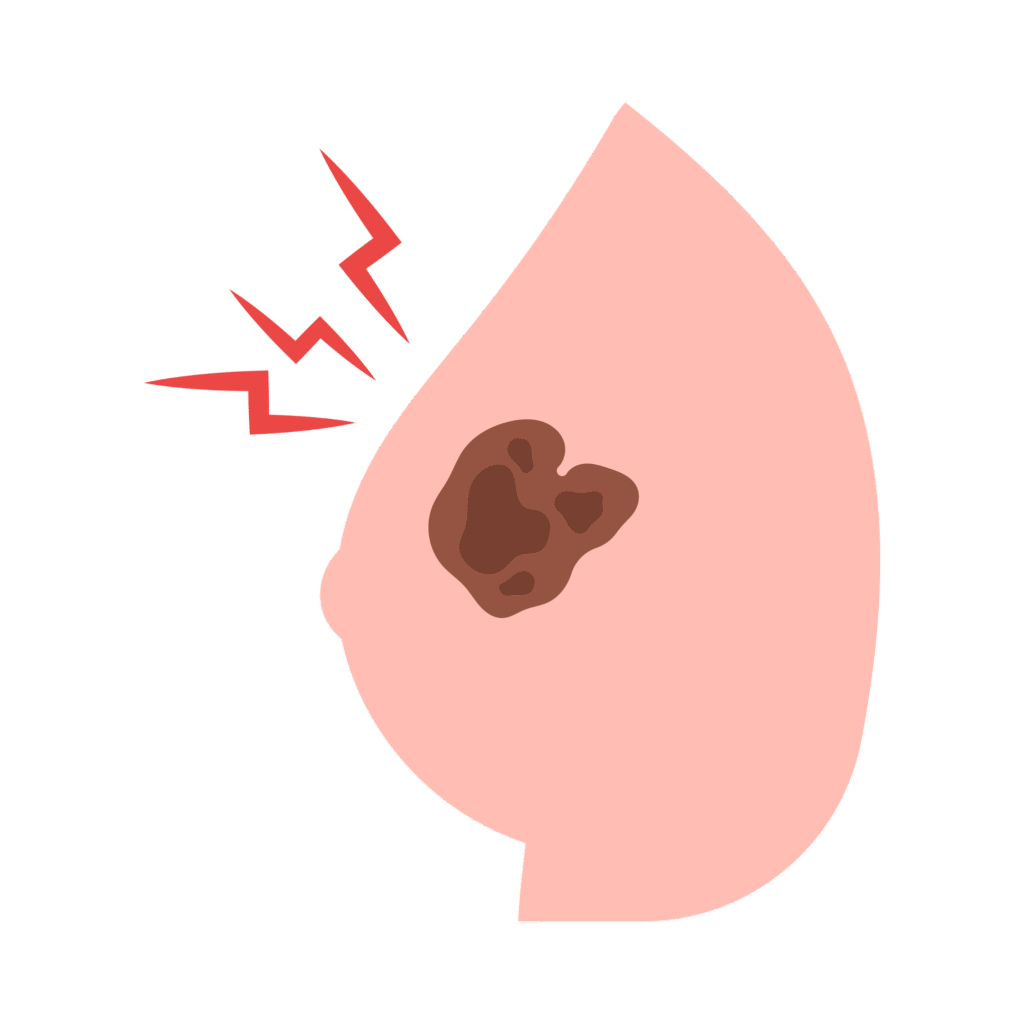

Gastro
Cervix
Heart
Kidney
cancer
breast
Vitamins
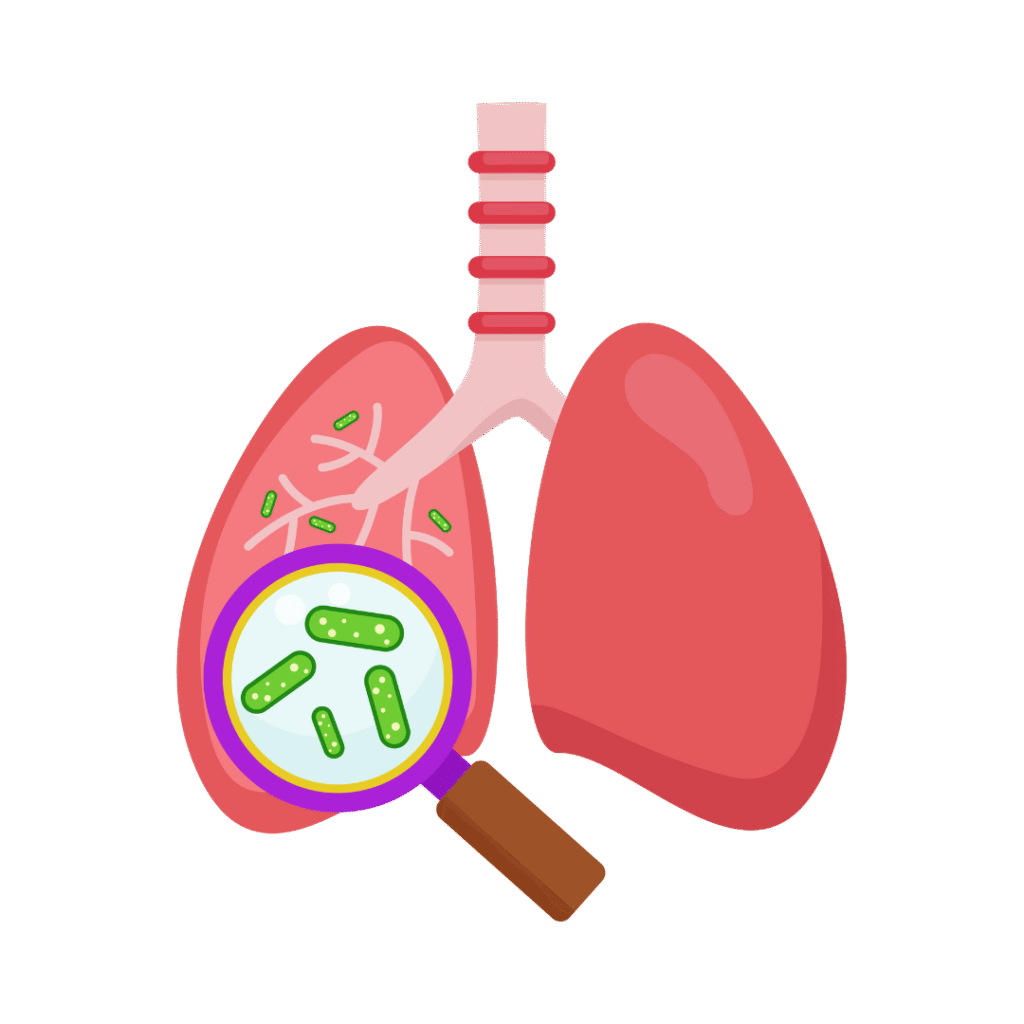
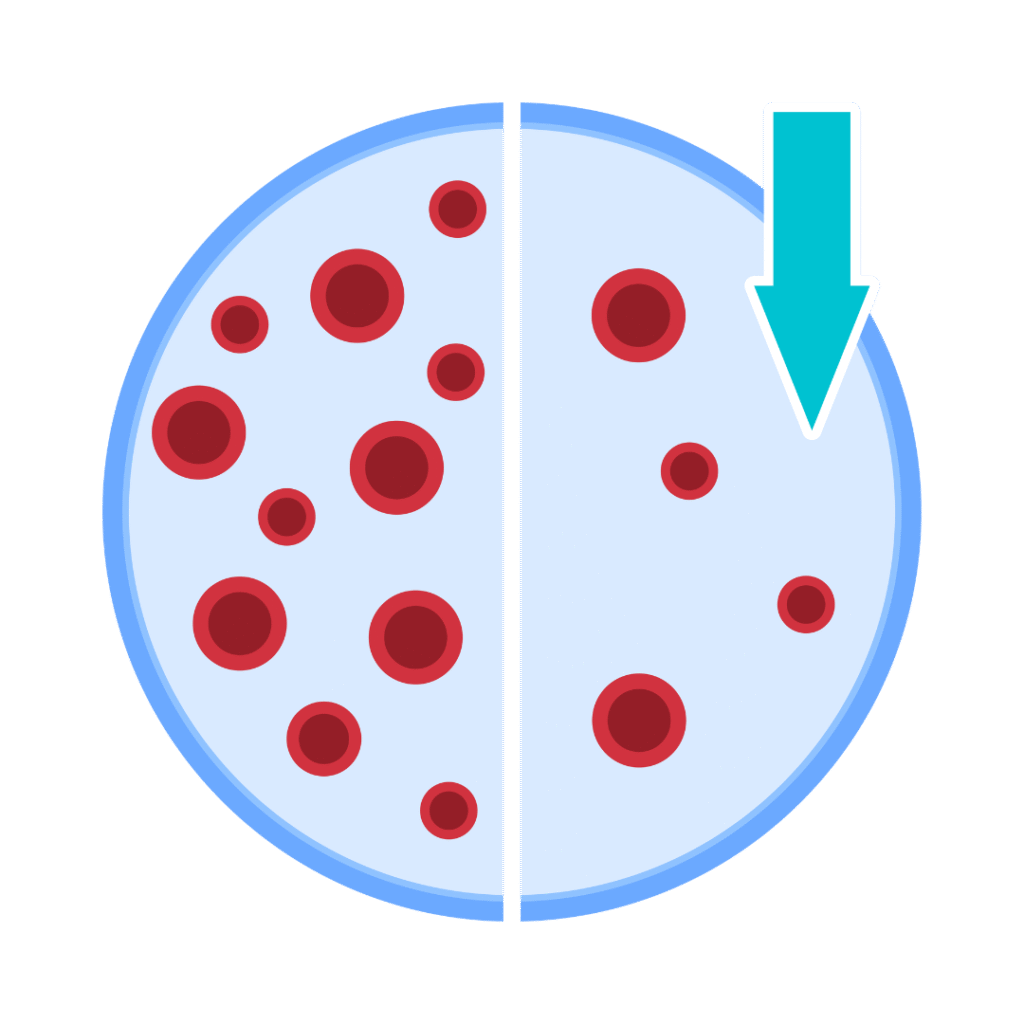
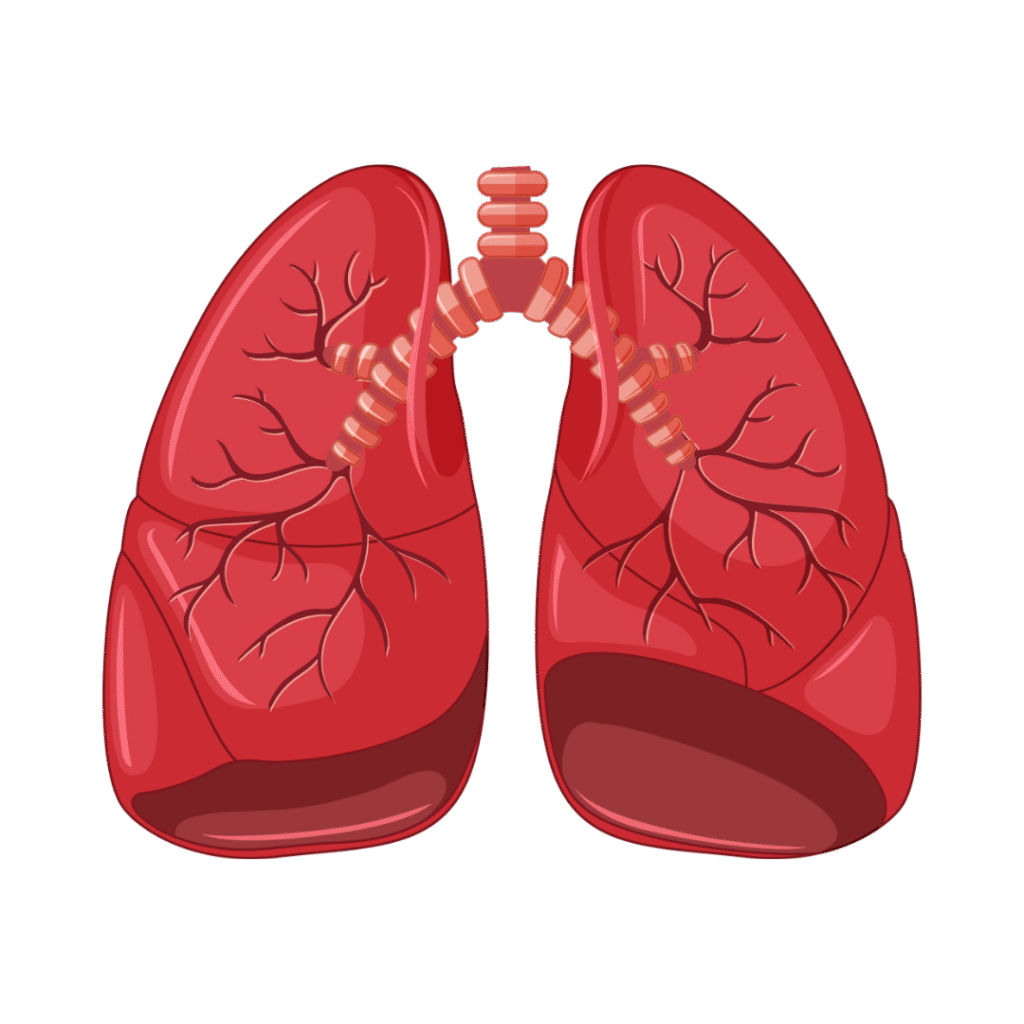
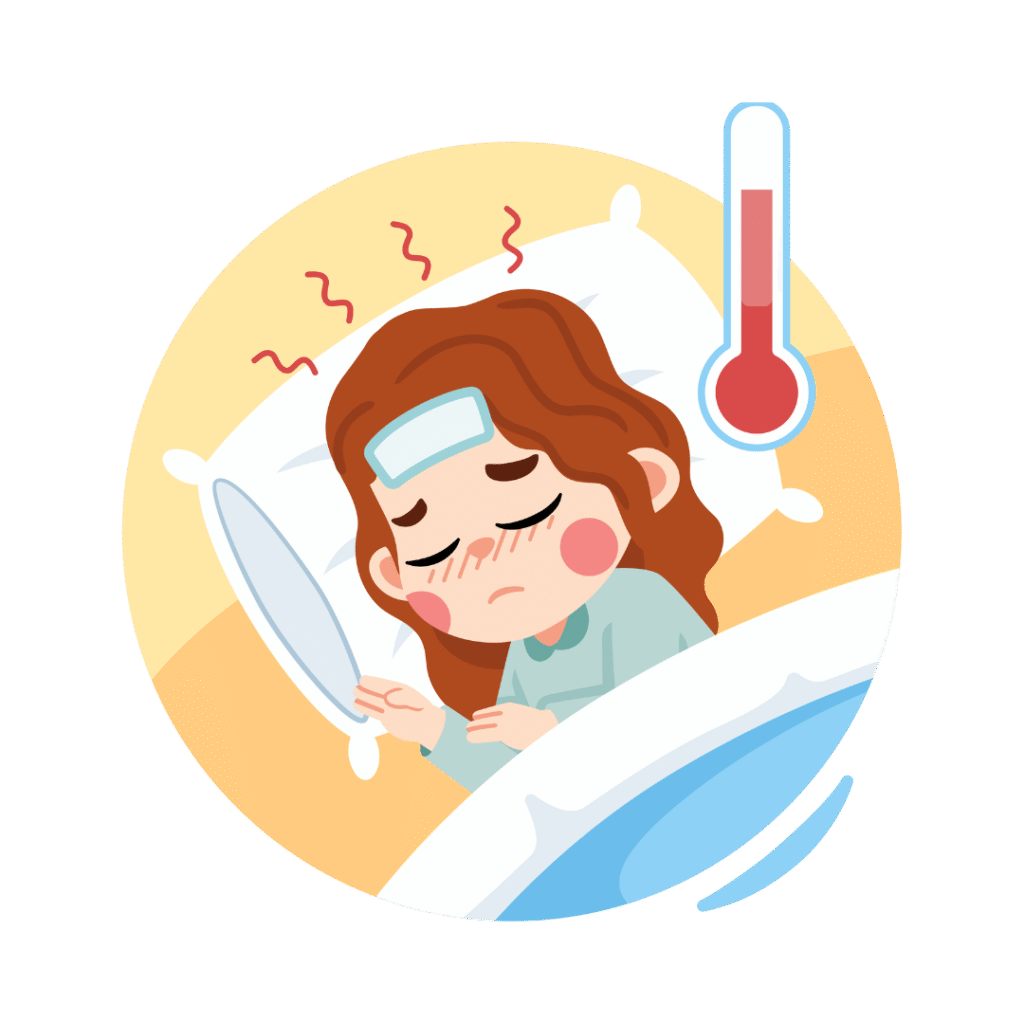

Tuberculosis (TB)
Anemia
Lungs
Fever
Allergy
Frequently Asked Questions
Cytogenetics is the study of chromosomes and genetic material within cells. It helps detect chromosomal abnormalities that may cause genetic disorders, birth defects, infertility, or cancers.
Some of the key cytogenetic tests include:
Karyotyping (Conventional Chromosome Analysis)
FISH (Fluorescence In Situ Hybridization)
Array-CGH (Comparative Genomic Hybridization)
Prenatal Chromosomal Analysis (Amniocentesis, CVS samples)
Bone marrow cytogenetics (for leukemia/lymphoma)
These tests are performed to:
Detect genetic causes of developmental delay, autism, or birth defects
Diagnose blood cancers (e.g., leukemia, lymphoma)
Evaluate infertility and recurrent miscarriages
Perform prenatal screening for chromosomal syndromes (e.g., Down syndrome)
Sample types depend on the test and may include:
Blood (for postnatal analysis)
Bone marrow aspirate (for cancer studies)
Amniotic fluid or chorionic villi (for prenatal testing)
Tissue samples (from tumors or miscarriage products)
Most tests do not require fasting or special preparation. For prenatal testing, your doctor will guide you on the procedure (e.g., amniocentesis or CVS).
Karyotyping: 7–14 days
FISH: 2–5 days (rapid results for specific conditions)
Array-CGH: 7–10 days
Karyotyping is a technique used to examine the number and structure of chromosomes, helping diagnose conditions like Down syndrome, Turner syndrome, or chromosomal translocations.
FISH (Fluorescence In Situ Hybridization) uses fluorescent probes to detect specific genetic abnormalities at a molecular level, even if they are too small to see under a microscope. It provides faster, more targeted results.
Yes. We offer pre- and post-test genetic counseling to help patients understand test implications, results, and next steps for medical or reproductive planning.
Coverage depends on the insurance provider and medical indication. Our billing team can help verify eligibility and assist with documentation if required.
